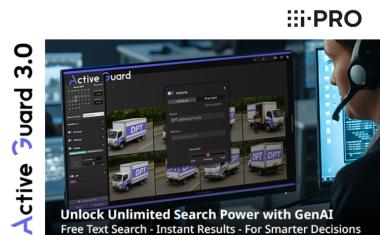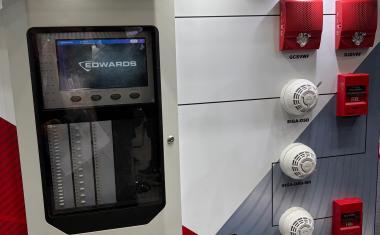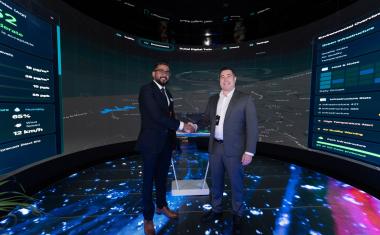Project SecureSeas examines security measures for Europe
Sentinel Maritime has been appointed by the European Commission Directorate-General for Mobility and Transport to study the impact (including the financial consequences) of extendi...
Sentinel Maritime has been appointed by the European Commission Directorate-General for Mobility and Transport to study the impact (including the financial consequences) of extending security measures to ships which currently do not fall within the scope of SOLAS Chapter XI/2 and the International Ship and Port Facility Security (ISPS) Code.
The Study has been given the name "Project SecureSeas". The study is, in part, a response to the growing concern that such ships may pose as serious or more serious a threat than ships currently within the scope of the ISPS Code. Apart from the terrorist attacks carried out by "non-ISPS" vessels on the "USS Cole" and "MT Limburg", or their use in the attack on Mumbai, "non-ISPS" ships are frequently used in human trafficking as well as smuggling drugs and contraband.
As a first step, Sentinel has been tasked to assess the current "state of play" in the EU Member States as far as non-SOLAS ships are concerned. The study will collate information on member state compliance with Article 3.3 of Regulation 725/2004, procedures for registering vessels, the means for reporting security concerns and the numbers and distribution of vessels which could be covered by any new regulations.
The study will also examine the possibility of introducing a computerized register of ships which might include recreational/pleasure ships as well as commercial vessels.
Sentinel will also study the potential application within the EU of the guidelines on the security aspects of the operation of non-ISPS vessels adopted by the International Maritime Organisation on 22 December 2008. In large part, these guidelines use the framework of the ISPS Code to recommend best practice for non-ISPS operators and by security authorities when dealing with non-ISPS vessels. The guidelines consist of two parts, the first part for IMO Member States and other for authorities responsible for administering non-ISPS ships and the second part for operators of non-ISPS vessels and related facilities. These guidelines recognize four distinct categories of vessels, each with different risk profiles and best practice risk management procedures.
1. commercial non-passenger and special purpose vessels;
2. passenger vessels;
3. fishing vessels; and
4. pleasure craft.
The study is placing a special emphasis on recreational/pleasure ships with a view to assessing the impact and feasibility of changes to the registration process of non-SOLAS ships, and the benefits offered by a computerised database for the registration of non-SOLAS ships.
Given the vast number of non-commercial pleasure boats, extending security requirements to these smaller vessels would have a significant impact on a whole gamut of stakeholders and Sentinel is reaching out to the boating community for its input. There is a new website being launched, which will allow stakeholders to share their views and to add to the body of knowledge available. By taking part and sharing data and information through www.secureseas.net the shipping, boating and maritime industry stakeholders within the EU can help protect their borders while safeguarding their commercial interests and their rights to the boating experience they deserve.
Interested parties should contact Raymond Gibbons at Sentinel Maritime Ltd (r.gibbons@sentinelmaritime.com or Tel.: 01993 822303) for more information.














